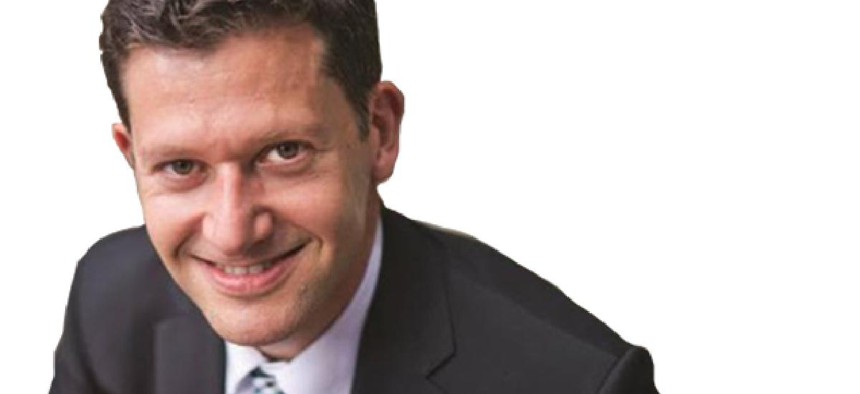How protecting religious freedom endangers LGBT elders

Contributed
LGBT older adults are less likely to have access to healthcare and critical aging services and support than their cisgender and straight peers because of discrimination and fear of discrimination. To add insult to injury, the Trump administration just created a new office within the US Department of Health and Human Services (HHS) to protect workers who voice religious or moral objections to providing healthcare, services, and supports to certain groups of people. Now, when people purport that their religious freedom is being trampled, they are encouraged to report it to this new Conscience and Religious Freedom Division.
In short, the Trump administration has made it clear that it will now protect providers who wish to discriminate against people such as LGBT older adults and others at the margins of society just because those providers dislike or disagree with them.
As many as four million American adults age 60 and older identify as LGBT. Because of a lifetime of discrimination, LGBT older adults tend to have poorer physical and mental health than other older adults. Those disparities include depression, high blood pressure, heart disease, cholesterol, diabetes, obesity, HIV/AIDS and more. The CDC estimates that one in two people who are HIV positive in the United States are now older than 50. At the same time, many LGBT older adults have weaker social support systems than their contemporaries: they are twice as likely to be single and four time less likely to have children than their heterosexual and cisgender counterparts. And LGBT elders have much higher poverty rates and lower average household income than their straight and cisgender counterparts.
In addition to the aforementioned challenges, fear of discrimination deters many LGBT older individuals from using available services. According to Reynaldo Mireles, program manager at SAGE of the Rockies who spoke at a convening of LGBT advocates in Denver, Colorado, many LGBT older adults wait longer to ask for help and believe they cannot reveal their sexual orientation or gender identity to providers. LGBT older adults often have good reason to fear. In one study, 28 percent of area agencies on aging reported that LGBT seniors might not be welcomed by local senior service agencies that provide meals and social interaction.
Fear of discrimination is especially acute when an LGBT older adult requires long-term or advanced care. Older lesbians and gay men often delay or decline to enter residential facilities for fear of discrimination, being ostracized by other residents, or in many cases being forced to go back into the closet. LGBT elders who overcome those fears and seek to move to a residential care facility may be denied admission or discharged prematurely. Those who find a residential care facility may face pressure to change or conceal their sexual orientation or gender identity as LGBT elders in these facilities have been subjected to discrimination, harassment and even physical segregation.
LGBT elders are particularly dependent on federally funded services and supports. In fact, during the Obama administration, HHS’s Administration for Community Living defined LGBT older adults as being of “greatest social need,” a term in the Older Americans Act that identifies at-risk, aging populations.
In 2012, ACL’s Administration on Aging stated that “(while) the definition of ‘greatest social need’ in the Older Americans Act includes isolation caused by racial or ethnic status, the definition is not intended to exclude the targeting of other populations that experience cultural, social or geographic isolation due to other factors.” To the contrary, ACL expressly found that older LGBT individuals may be among the populations with “greatest social need” because “in some communities ... isolation due to sexual orientation or gender identity may restrict a person’s ability to perform normal daily tasks or live independently.” Indeed, ACL’s prior conclusion was, and remains, correct. LGBT older adults have a heightened risk of greatest economic and social need.
This Conscience and Religious Freedom Division in the HHS Office of Civil Rights takes the concept of a civil rights office and turns it on its head. Of course people – government workers, healthcare providers, and others – can have their own personal beliefs and views. They can be racist, misogynistic, homophobic, transphobic, or xenophobic – the list can go on. But professionals should not be able to bring or act on those beliefs in their places of work. We should not offer people a license to discriminate because of their religion.
Throwing up new barriers to accessing healthcare and aging services will only exacerbate the various disparities LGBT older adults already face.
Aaron Tax is the director of advocacy for SAGE where he advocates for LGBT-inclusive federal aging policies that account for the unique needs of LGBT older adults.